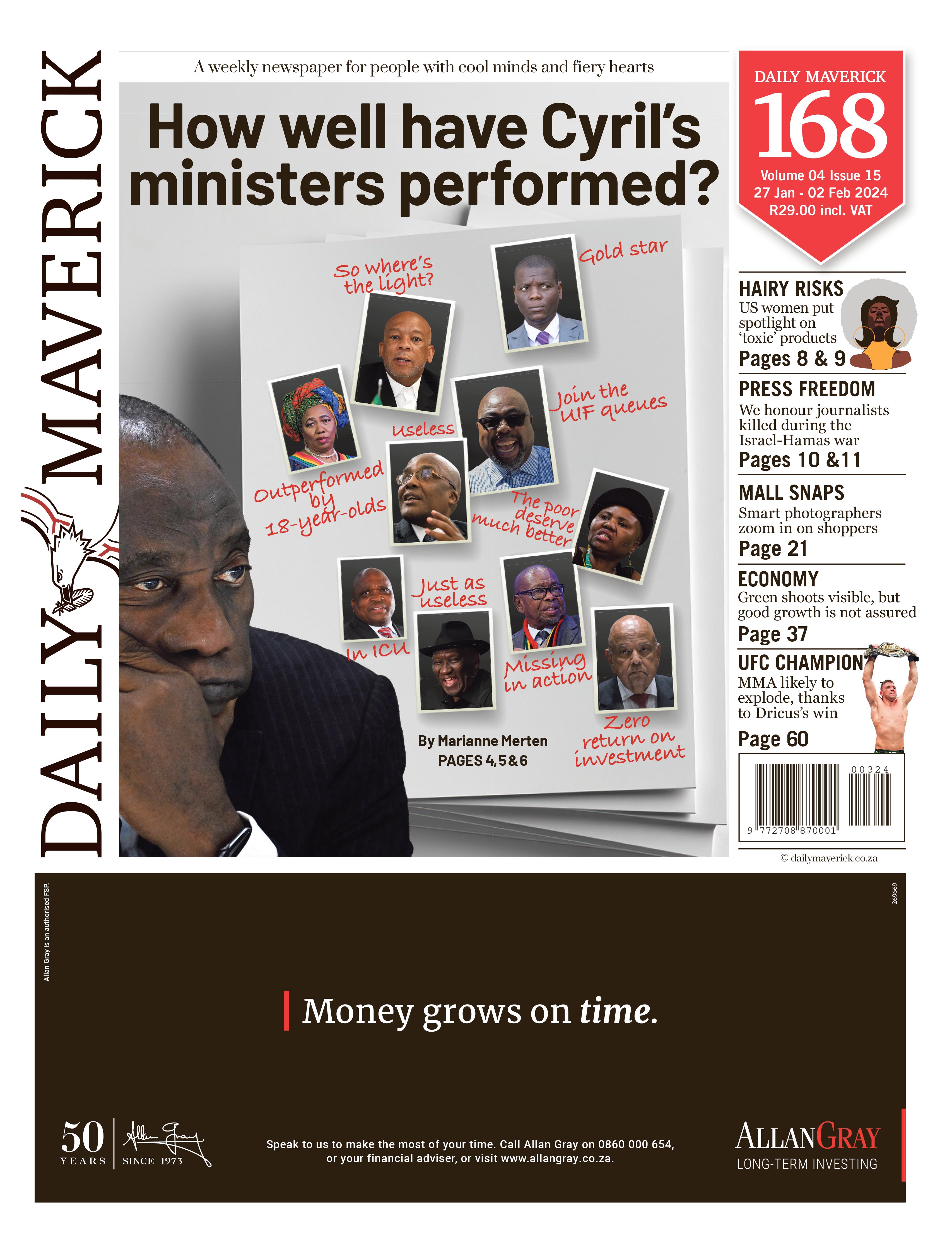As South Africa approaches its sixth democratic election, a sense of grim foreboding hangs in the air. The afterglow of liberation has long faded as rampant inequality, unemployment and malgovernance haunt the body politic.
The ANC seems a spent force, peddling nostalgia while failing to chart a renewed course that speaks to the cries of millions still yearning to partake of the promised land. Amid this swirling discontent, all eyes turn with laser focus to the Indian community as political parties fiercely compete to court this supposedly pivotal vote.
However, as we know and as Adam Habib’s work showed in the 1990s, the Indian vote has always been something of a myth. At the time, wealthy Indians were voting differently to poor and working-class Indians, who were losing jobs in clothing and shoe factories as the new democracy made their lives more difficult. It was clear that people voted in accordance with their material interests.
The fortunes of the working class have deteriorated under ANC rule. This is likely to lead many to abandon the party in frustration. However, the opposition has failed to provide a compelling alternative that speaks to the needs of the poor. Many may simply abstain from voting.
We also know that the DA’s stance on Israel’s actions in Palestine will affect its support in the Muslim community. More than 25,000 Palestinians have been killed. For middle-class Muslim Indians, passionate solidarity with the Palestinian cause resonates strongly, but poor and working-class Muslims remain focused on pressing local struggles around sanitation, healthcare and transport that shape their world daily.
The inability to construct a genuine political alternative that advances working-class interests leaves many resigned to the least-bad option.
Persistent material deprivations foster a more immediate political lens, which may explain why significant pockets of the Indian working class may remain with the DA.
The DA is rampant in Indian communities as the ANC has thoroughly alienated itself even from seasoned activists and stalwarts. The blue tide is sweeping through neighbourhoods that were once ANC strongholds.
Opposition parties are tapping into profound disaffection, but what are they really offering besides not being the ANC? Many feel they have no good choice.
It will be interesting to watch the performance of independents in the communities where they have built a foothold through civil society formations. The smaller parties are a rag-tag bunch unlikely to make a dent in the DA’s dominance. But they may give voice to issues around inequality and economic justice that are being ignored by the two main parties vying for the Indian vote.
Read more in Daily Maverick: Elections 2024 Knowledge Base
Read more in Daily Maverick: 2024 elections
As in previous elections, preoccupation with the Indian vote misses the deeper currents shaping political attitudes. Class position remains an important indicator of how marginalised communities will vote. The media focuses on apparent block ethnic voting while ignoring the socioeconomic basis of political decisions.
The election remains too close to call. Much depends on turnout and whether the ANC can mobilise its traditional base. The President is hoping his charm offensive in KwaZulu-Natal will save the day. But it may well be too little, too late to turn the tide of anger directed at the party. Meanwhile, the EFF seems to have lost momentum, raising doubts as to whether it can reach 15% this time around. And the MK party is making waves too.
South Africa faces immense challenges of poverty, inequality and unemployment. Its politics remains polarised and fractious even as the electorate cries out for more pragmatic, consensus-focused governance. But the zero-sum nature of South African politics continues to undermine stability and the implementation of sound policy.
After the election, expect more of the same steady decay unless political leaders on all sides rise to meet this pivotal moment with courage and vision sorely lacking at present. The stakes are high regarding South Africa’s future trajectory. But a politics of narrow interests and patronage networks remains ascendant for now, even in the face of a mounting national crisis.
Read more in Daily Maverick: SA Elections 2024: A time for calm heads, serious thought and exacting accountability
The inability to construct a genuine political alternative that advances working-class interests leaves many resigned to the least-bad option. The constituency for bold economic redress remains starved of representation beyond the empty theatrics of populists.
So, while the DA gleefully tallies up votes from an Indian community thoroughly disenchanted with the ANC, it may yet find its supposed iron grip illusory. For when election fever fades, the material conditions that drive political attitudes remain untouched by any redistributive vision.
And therein lies the ticking time bomb that undermines the DA’s ambitious long-term plans to consolidate power. DM
This story first appeared in our weekly Daily Maverick 168 newspaper, which is available countrywide for R29.




















Comments - Please login in order to comment.